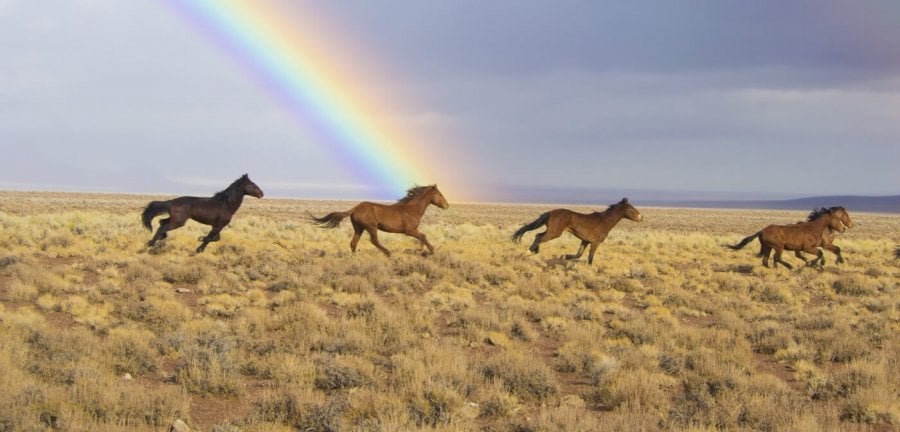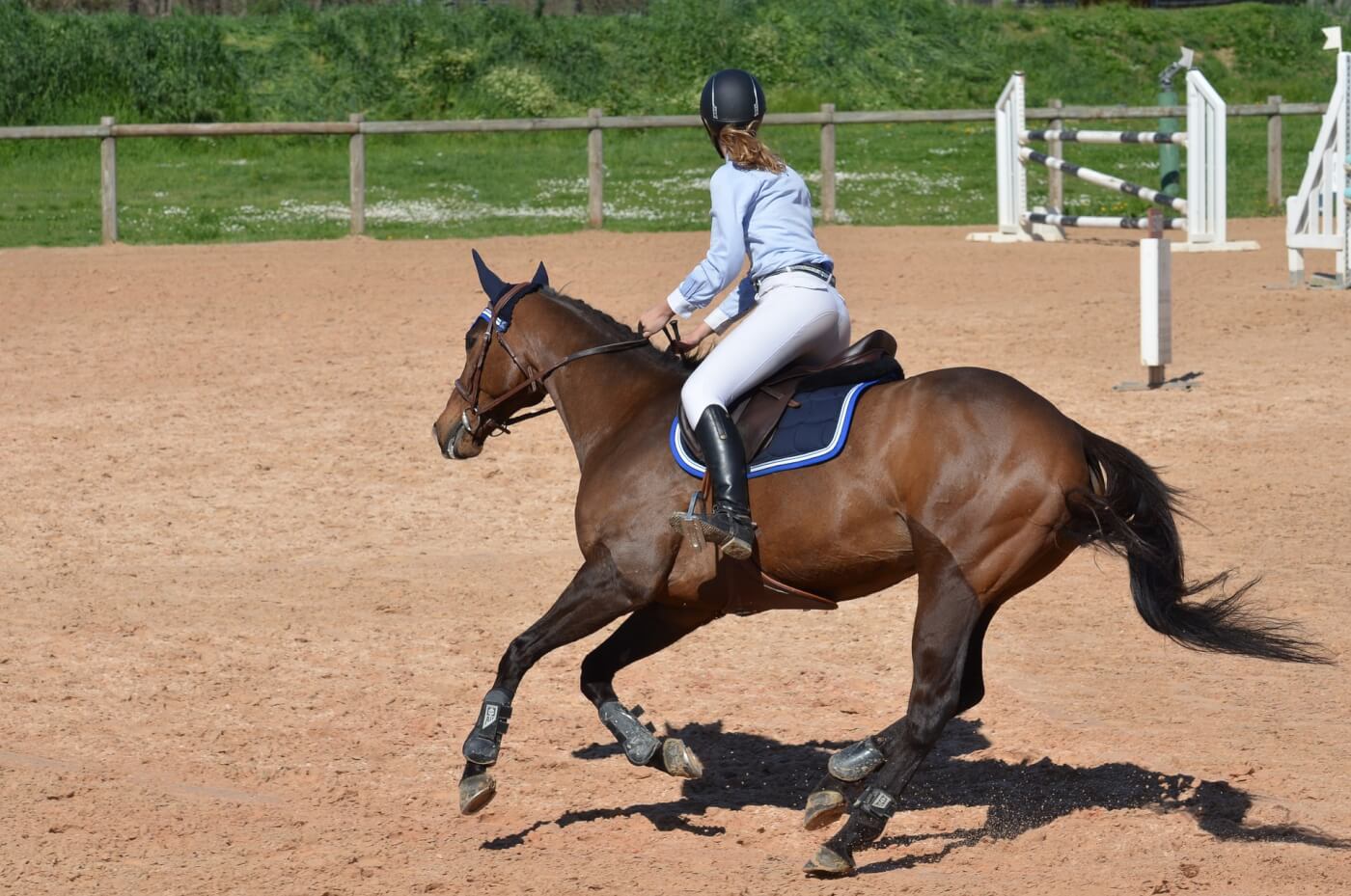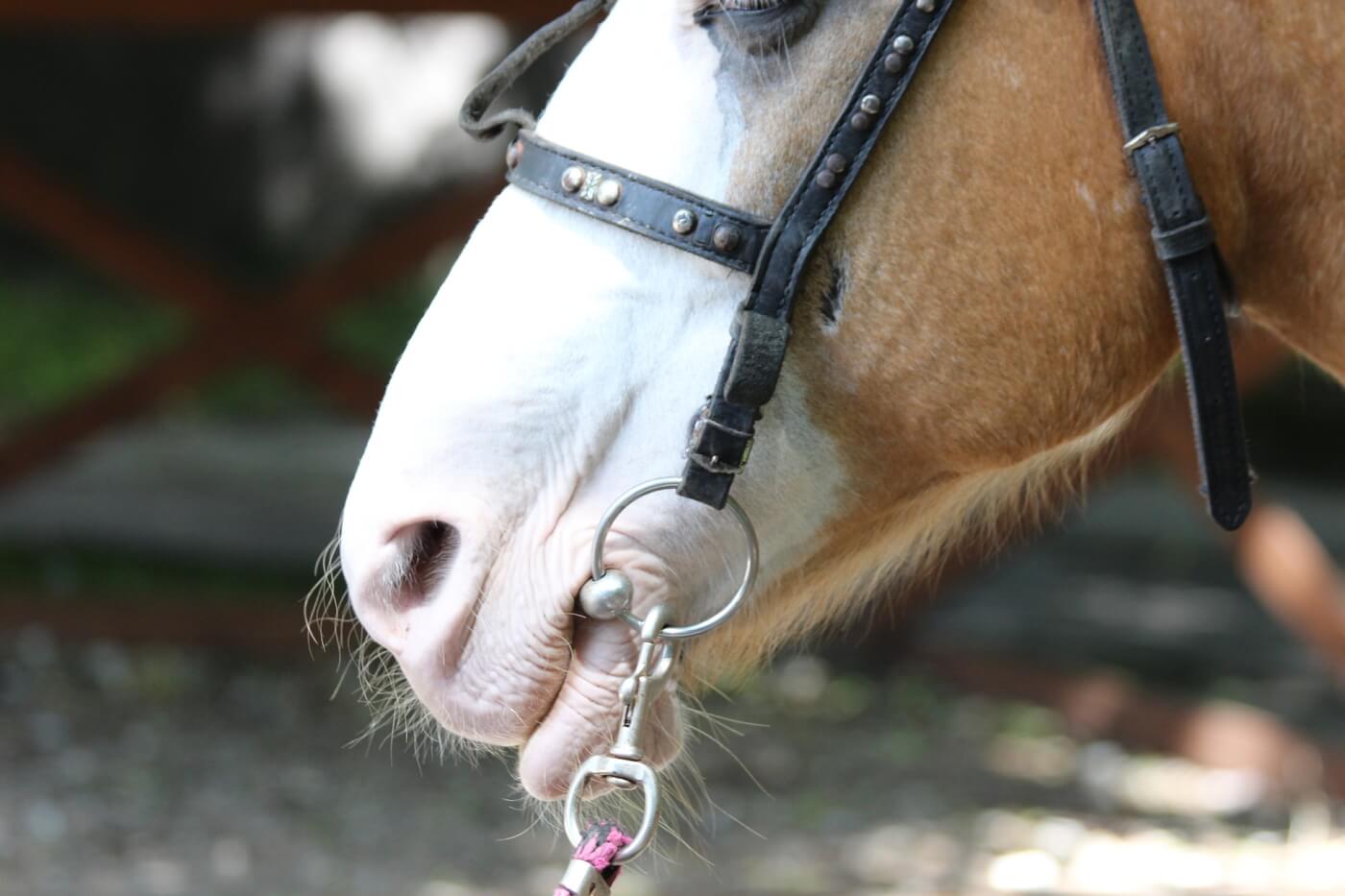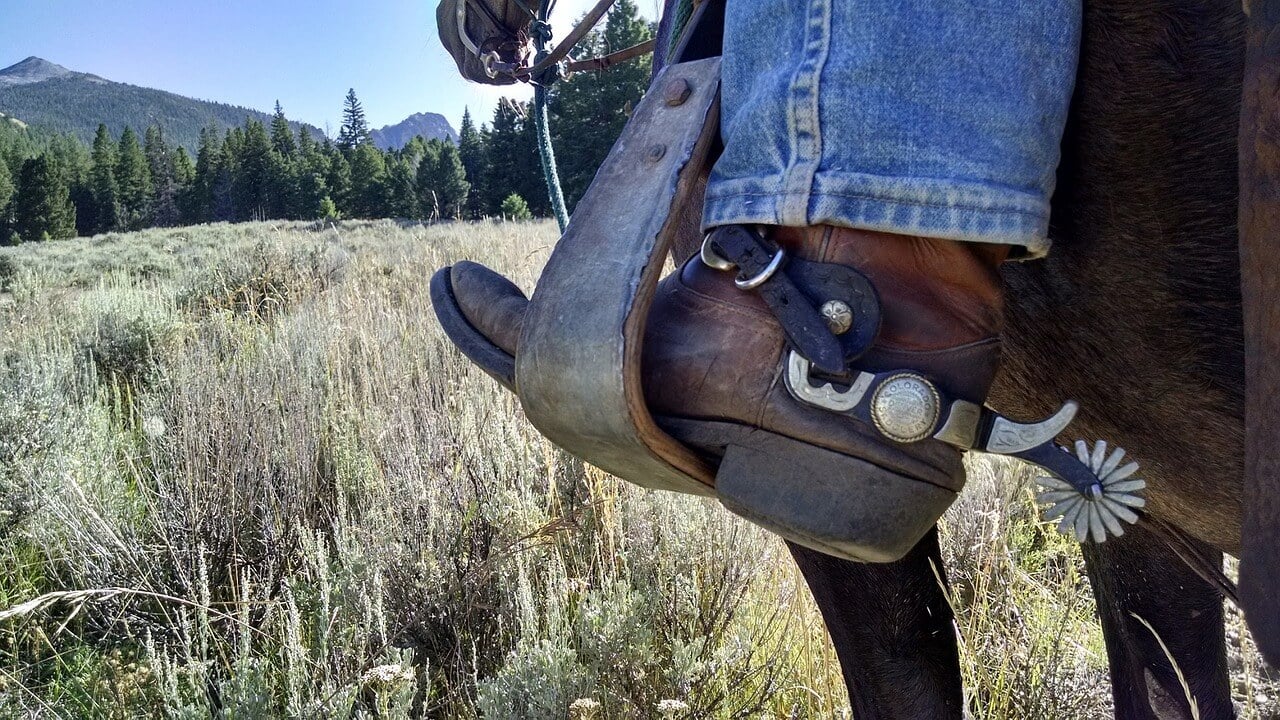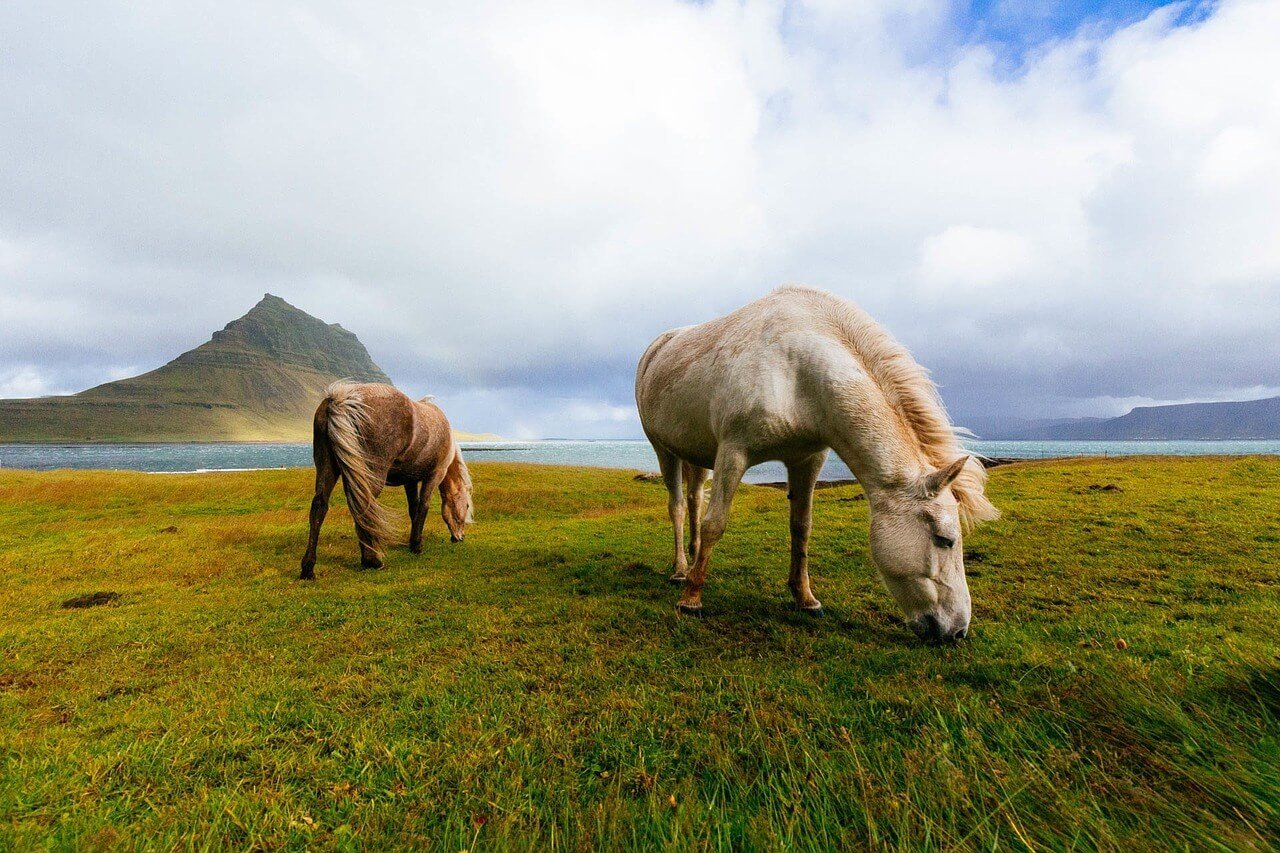By Janie Bresee
Horseback riding was my life. I spent every chance I could get at the barn. Riding filled my days, and horses filled my sketchbooks. I was in love. But if I had recognized then what I do now, I would have made different choices.
I took lessons at a stable that trained competitive riders, and I did well in competitions. I was told – and believed – that horses needed to be ridden for their own exercise and mental stimulation. Of course, they do need exercise and mental stimulation, but to get it through riding, they first have to be “broken” so that they’ll accept the tack, the bit in their mouth, and a human on their back. No horse is born that way. As prey animals, they naturally fear and avoid having anything on their back.
Furthermore, horses are naturally wild, brilliant, strong, and strong-willed. To satisfy my desire to ride them and ensure my safety, trainers had to break their will, break their spirit, and essentially break down much of who they were as individuals. On top of the mental and emotional strain, lugging around humans and heavy equipment is uncomfortable to horses and can even be painful. Bridles yank their heads, metal bits pull and tear at their delicate mouths, saddles weighing at least 25 pounds (more than 11 kg) are cinched tightly around their torsos. Some riders use spurs and a whip to exert even more control.
Some strong-willed horses who resisted having their spirits broken and becoming completely submissive acquired reputations for being “grumpy” or “moody.” They were assigned to riders who could take the “challenge.” I was an accomplished rider and unafraid of such animals. But as they determinedly pulled on the reins, they also started to pull off my blinders. Was this really an equal partnership? And if so, then why did I need to inflict pain in order to make them do what I wanted? This was slavery, plain and simple. And that I could not support.
Once this revelation sank in, I hung up my riding tack and haven’t ridden since. Now, I volunteer at horse sanctuaries and work with those who have been rescued from abusive industries. I spend time with them on their own terms, not perched on their backs. Many of them have been damaged, both psychologically and physically. But they learn to trust people who are gentle and patient. It’s an indescribable feeling watching these formerly subjugated animals relearn to be independent, to do what they enjoy without fear of a painful jerk on the reins. In the moments when they come to me because they want to and let me run my hand across their shiny coat even though they don’t have to, I finally feel a connection with them that is genuine.
This article originally appears in our magazine, PETA Global. To begin your subscription, become a PETA member today!

